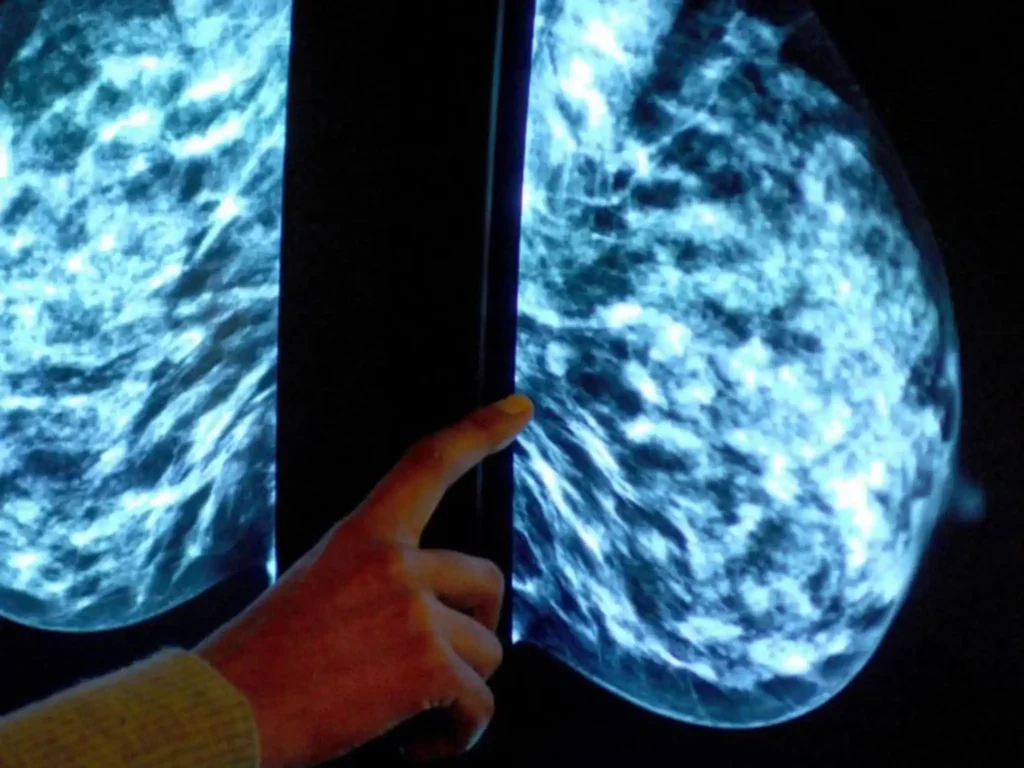COVID-19 Linked to Surge in Fungating Breast Cancer Cases

A worrying trend has emerged in the wake of the COVID-19 pandemic – a significant increase in women diagnosed with advanced breast cancer. A new study conducted at Beaumont Hospital in Dublin, Ireland, reveals a doubling in the number of cases presenting with fungating tumors, where the cancer breaks through the skin and creates an open wound.
(Also read Dublin’s Freddie Thompson on Trial for Assaulting a Prison Officer.)
What Study Revealed about the Fungating Breast Cancer Cases
The study, published in the Irish Medical Journal, points towards delays in referrals during the pandemic’s peak and a general fear of attending medical facilities as the likely culprits behind this alarming trend.
Traditionally, such advanced Dublin breast cancer rates were rare in Ireland, with an occurrence rate of just 2-5%. However, this alarming jump concerns researchers about the potential long-term impact on these patients’ survival rates and disease recurrence.

While the total number of Covid and breast cancer diagnoses increased slightly during the pandemic (378 per year compared to 332 previously), the study found some crucial shifts within the data. The number of early-stage cancers detected through routine screening programs like BreastCheck services (a national breast screening program) increased by 10% during the pandemic.
The researchers believe this is likely due to the temporary closure of these services, leading to a backlog of cases ultimately diagnosed at hospitals.
However, the incidence of fungating breast cancer tumors, a marker of advanced disease, more than doubled, raising serious concerns about the overall picture. This finding, coupled with the slight increase in late-stage cancers (stages 3 and 4), suggests a potentially detrimental impact on the long-term health outcomes of these patients.
The researchers emphasized the detrimental pandemic effect on cancer diagnoses on various aspects of breast cancer care, including:
- Diagnostic pathways for both symptomatic women and those participating in routine screenings.
- Screening, presentation, diagnosis, treatment, and follow-up of breast cancer overall.
The main message of the study is clear: the COVID-19 pandemic has harmed the entire process of breast cancer care, including diagnosis, screening, treatment, and follow-up. To move forward, learning from these findings and focusing on rebuilding strong pathways for breast cancer treatment is important.
LATEST NEWS
DISCOVER MORE






